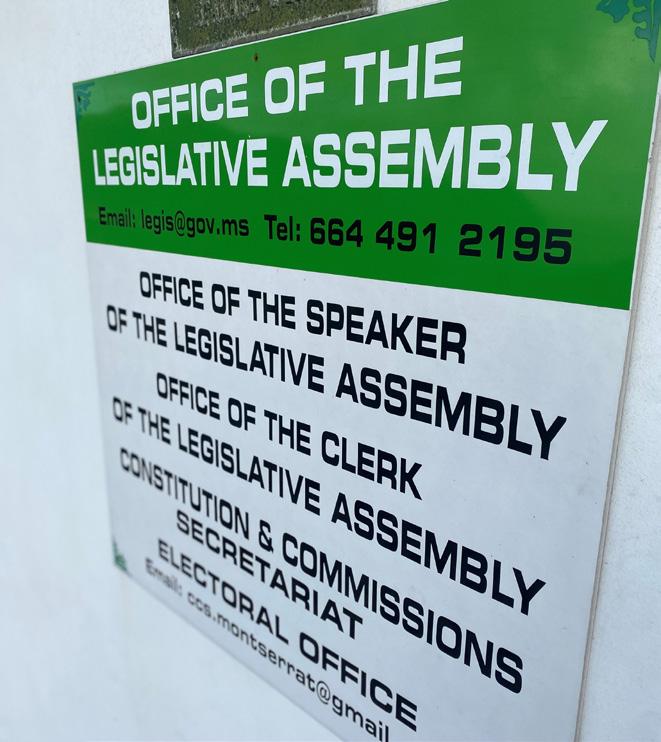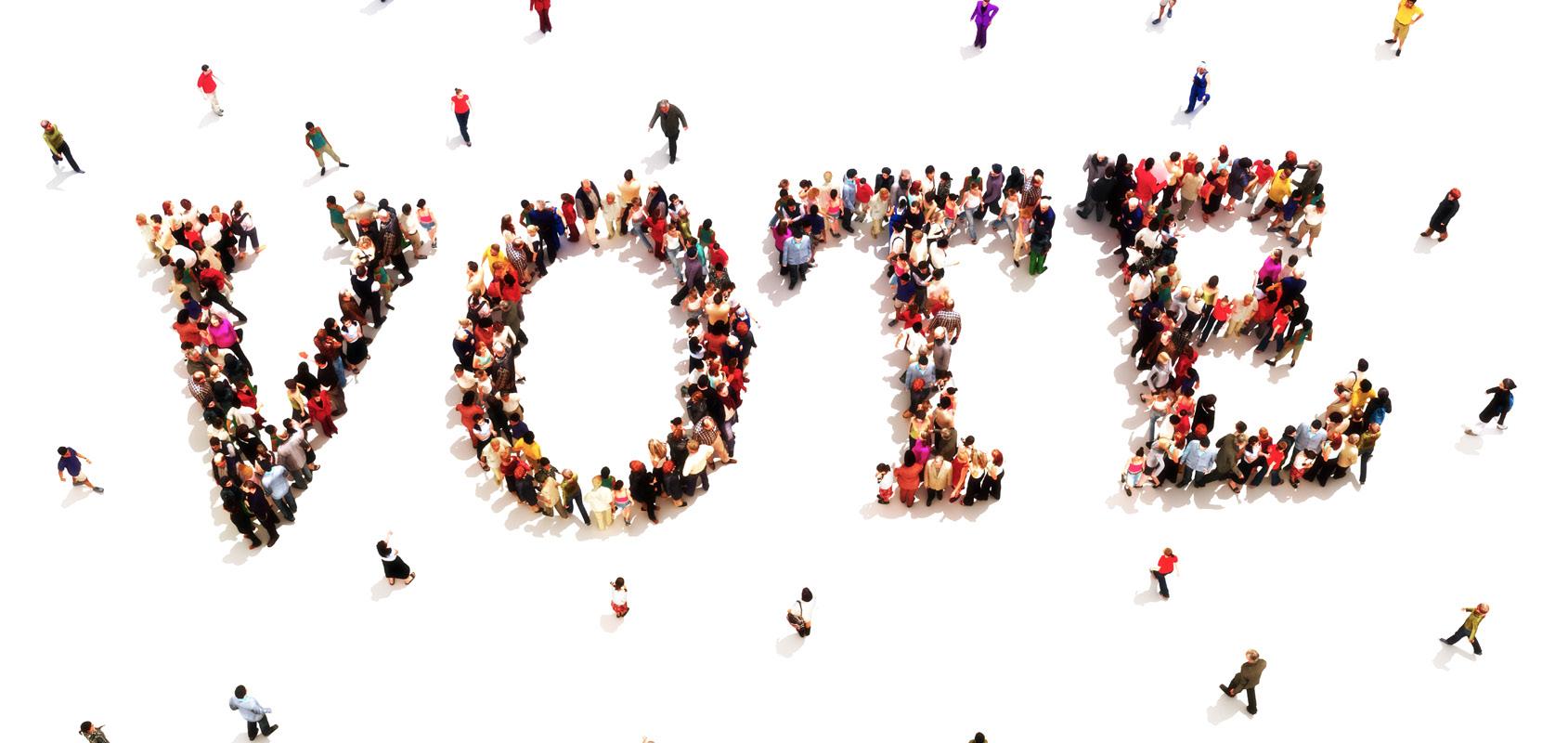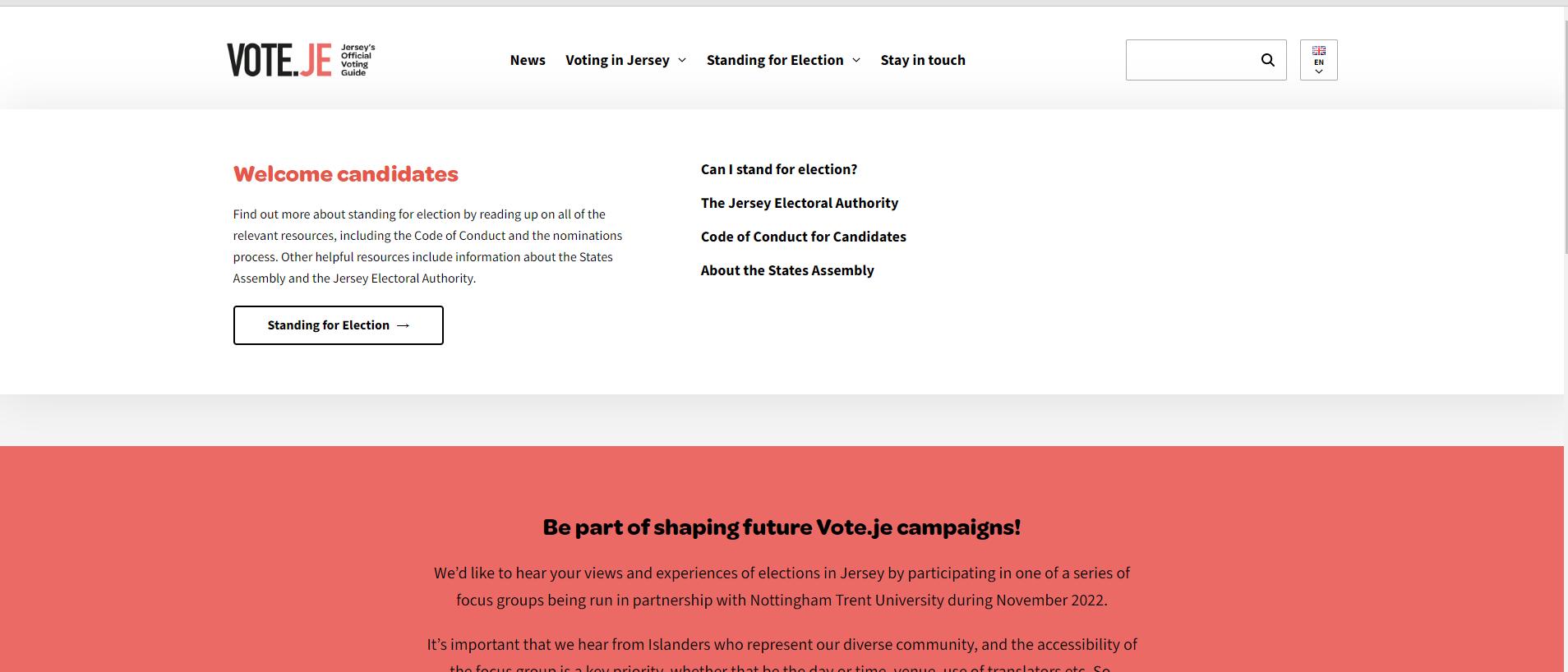
3 minute read
Delivering the Election
1.1.5 An independent Electoral Commission or similar authority shall be established for the management of the conduct of Elections and its tasks shall include monitoring the election expenses of parliamentary candidates and political parties.
The CPA Recommended Benchmarks for Democratic Legislatures
Involvement In The Election
In some jurisdictions, the Parliamentary Service may have responsibility for the administration of the Election or some aspect of the electoral process which might create additional pressure over the transitional period. If so, it is important to manage parliamentary resources carefully as well as ensure a sharper distance from any political involvement. For example, in smaller jurisdictions, this could consist of parliamentary staff acting as returning officers or polling clerks. In the British Virgin Islands, the Chamber of the Assembly is used as a polling station. In Montserrat, the Office of the Legislative Assembly (see image), as well as supporting the function of the Assembly, also staffs the Electoral Commission. This is NOT considered best practice, as the legislature should be kept separate in its work and remit, but in such cases the Parliamentary Service will need to take a more handson approach to Election management.
INVOLVEMENT IN PUBLIC ENGAGEMENT / ENCOURAGING ELECTORAL PARTICIPATION
Most Parliamentary Services have a programme of public engagement work, informing the public of the work of Parliament and engaging them in its proceedings. In some Parliaments, this extends to encouraging electoral participation. For some, this may mean an active role in the run-up to an Election, informing the public about the process ahead. More commonly Parliamentary Services take a backseat during the Election period, to avoid any appearance of partiality. Even encouraging participation could be seen as attempting to influence, or having the effect of influencing, outcome.

For example, the Jersey States Assembly manages a website (https://www.vote.je/ - see example page below) giving guidance on voting and Elections on behalf of the Jersey Electoral Authority. The Jersey Electoral Authority was established in response to recommendations contained within the CPA Electoral Observer’s Mission Report published after the 2018 Elections to increase the separation of responsibilities between the different governance entities on the Island.

Parliamentary entities might also be active prior to the Election period in engaging with candidates which might have a knock-on effect on parliamentary staff. Parliamentary caucuses, such as Women caucuses like the Kenya Women Parliamentary Association (KEWOPA) in Kenya, actively engage with women parliamentary candidates. KEWOPA undertake a mentorship and capacity building programme in various locations across the country on women participation in politics under the UN Women programme that seeks to advance and encourage more women to take part in politics and run for office.
In Guernsey, the States of Deliberation have provided briefings to prospective candidates on the rules and processes around the Election and proposes to increase these to include sessions on what the States and its elected Members do.
PARLIAMENTS, ELECTIONS AND THE SEPARATION OF POWERS
It is important for any Parliamentary Service to be sufficiently independent to not be politically pressurised or constitutionally mandated to sacrifice resources or services to support General Election delivery. In smaller jurisdictions, budgets might have to be reallocated, and staff who are contracted to the Government Public Service may have to be seconded to Electoral Bodies. It is therefore important that staff are employed by the Parliamentary Service and not the Government, and that Parliament has a ring-fenced budget which cannot be curtailed because, for example, a Parliament might be sitting fewer days in an electoral year.

5.4.3 The Legislature should, either by legislation or resolution, establish a corporate body responsible for providing services and funding entitlements for parliamentary purposes and providing for governance of the parliamentary service.
The CPA Recommended Benchmarks for Democratic Legislatures
It is also important for Parliaments to consider, however unlikely, the possibility that staff of the Parliamentary Service may wish to stand as a candidate at the Election. This is equally important for local Elections. Typically, the rules which might apply in such circumstances maybe outlined in the jurisdiction’s electoral laws or general orders. Nevertheless, the Parliamentary Service should have guidelines established around whether such individuals would be entitled to stand at all, whether they are permitted to have an extended leave of absence from prorogation/dissolution or nomination day, or if they resign, they have the right to be reappointed if they are unsuccessful. Guidelines may also have to stipulate whether such rules only apply to junior staff as opposed to senior staff who might work closely with political stakeholders.





